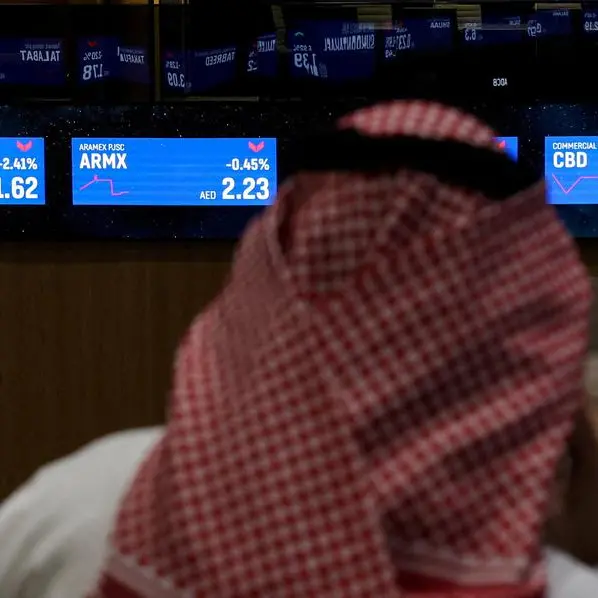PHOTO
SYDNEY - Asian shares skidded with Wall Street on Thursday while the dollar hovered near a three-week high after U.S. President Donald Trump announced new tariffs on all auto imports, ratcheting up a global trade war that risks fuelling inflation.
Japan's Nikkei fell 1.2%, led by heavy losses in automakers. Toyota Motor shares tumbled 3.4%, and both Mazda Motor and Subaru plunged about 6%.
South Korea's KOSPI dropped 0.7%. Japanese and South Korean automakers have a big presence in the U.S. market.
Shares of Chinese EV makers also fell, with Nio down 2.8% and Xpeng 1.1% lower. China's blue chip index and Hong Kong's Hang Seng were both down 0.3%.
Trump late on Wednesday announced plans for long-promised 25% tariffs on automotive imports that are set to go into effect on April 2. However, he said planned reciprocal tariffs on all countries will be "lenient".
On China, he said he may give Beijing some reduction in tariffs to get a deal done to sell TikTok.
After the announcement, U.S. automakers lost ground after the bell. General Motors slumped 6%, while shares in Ford fell almost 5%.
Nasdaq futures dropped 0.2% and S&P 500 futures fell 0.1% in Asia. Wall Street already ended sharply lower on expectations of such a move, with the tech-heavy Nasdaq slumping more than 2% on Wednesday.
European stock futures were in the red, with pan-European STOXX 50 futures down 0.5%.
Back in Asia, MSCI's broadest index of Asia-Pacific shares outside Japan dropped 0.6%, also weighed by a pull-back in tech shares.
"Asia equity markets have traded lower, however it’s not feeling at this point like we are going to see a day of complete carnage out there," said Tony Sycamore, analyst at IG.
"I think the timing has caught people off guard, but I don't think the detail of the announcement so much caught people off guard... so now it's just how the Europeans, South Koreans and the Japanese choose to respond."
Japan's Prime Minister Shigeru Ishiba said all options were on the table in response to the U.S. tariffs. Canada said it could impose retaliatory duties, while the European Union expressed regret but was seeking negotiated solutions.
Analysts have warned Trump's tariff plans could stoke U.S. inflation, with the Federal Reserve already pausing its policy easing cycle.
St Louis Fed President Alberto Musalem said on Wednesday it was possible inflation would be higher and growth lower than expected and there was no urgency for the Fed to cut interest rates.
Minneapolis Fed President Neel Kashkari said the Fed should stay put amid continued policy uncertainty.
In currency markets, the dollar index, which measures the greenback against six major peers, rose 0.5% overnight to 104.71, the highest in three weeks, before settling at 104.46 on Thursday.
The euro touched a three-week low of $1.0731, but bounced off the 200-day moving average and was last up 0.1% at $1.0762. The yen, on the other hand, recovered some of the overnight losses and bounced 0.2% to 150.24 per dollar on Thursday.
The overall uptrend in the U.S. dollar has been aided by higher Treasury yields. The benchmark 10-year Treasury yields held steady at 4.3422%, having gained 5 basis points overnight.
The tariff uncertainty sent gold 0.3% higher to $3,028 per ounce, not far from a record high of $3,057.
Oil prices were marginally higher, having hit three-week tops on concerns about tighter global supply after U.S. threatened to slap tariffs on countries that buy Venezuelan oil.
Brent futures rose 0.1% to $73.87 a barrel, while U.S. crude futures CLc1 also added 0.2% to $69.77 per barrel.
(Reporting by Stella Qiu; Editing by Kim Coghill and Jamie Freed)





















